
The University of Edinburgh recognises its role in driving innovation and growth in our local region, and in unlocking solutions to global challenges.
Collaboration across sectors, innovation, and adoption of new solutions are essential to make progress towards tackling the climate & environmental crisis.
This AIMday welcomes climate and environmental challenges from industry and the public sector covering all aspects of sustainability.
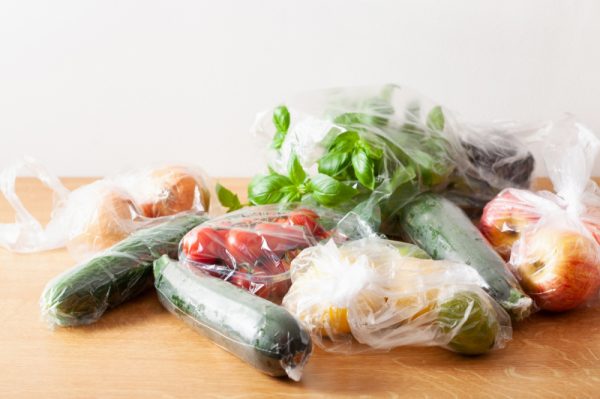
Whether they’re contaminating viable plastics recycling or clogging up sorting machinery, soft plastics are a headache for councils and recycling facilities alike. Researchers at the University of Edinburgh are utilising waste soft plastics and waste glass fibres to create composites that can be both rigid and flexible, a range of thicknesses, and that can be easily moulded into various shapes and sizes. The properties of these composites offer huge potential for their application across the construction industry.
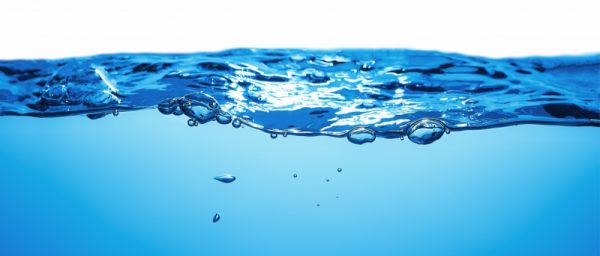
Researchers have developed a novel desalination method for water purification, offering increased production efficiency and only needing low-grade heat as a power source. This can be readily achievable from renewable sources, or notably by harnessing the waste heat from other localised industrial processes. The approach is ideal for off-grid deployment where solar energy or industrial waste heat is available. Implementing this technology enables accelerated and economic production of clean water where it is most needed.
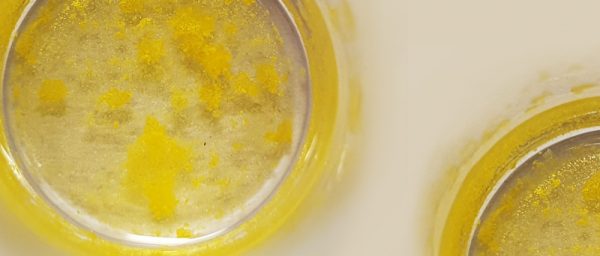
Scientists have developed an innovative process for the highly selective precipitation of gold and other metals in electronic waste and traditional mining ores using recyclable amide compounds. The method is simple and with a lower environmental impact, offering an alternative to the use of cyanide-based processes and energy-intensive smelters for the recovery of precious metals from e-waste, and their extraction from conventional ores and concentrates in the mining sector.
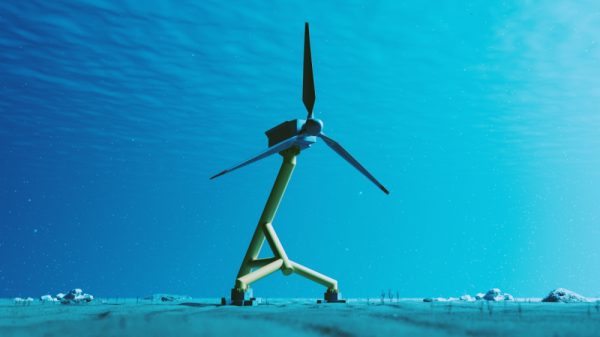
Tidal energy can provide a vital renewable energy source. However, turbine blades can experience large load fluctuations, resulting in fatigue failures and power fluctuations at the generator. This flexible blade design deforms to optimise performance in the face of varying conditions the turbine system is exposed to. Unlike current approaches, which employ complex sensing and actuating mechanisms to vary the geometries of blade elements, the Edinburgh concept is entirely passive in nature and mechanical mechanism-free.
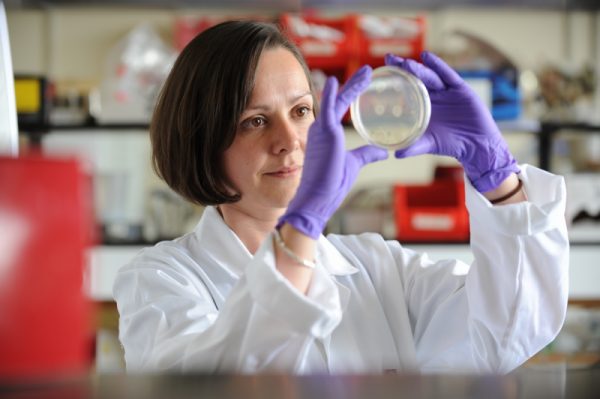
Professor Louise Horsfall's research focuses on engineering microbes to extract and recycle key metals, which are often in limited supply or raise geopolitical issues, from old batteries, industrial catalysts and electronic wastes. Forging a more environmentally friendly future for metal production would benefit areas such as the sustainable energy sector, which relies on rare metals for technologies including electric vehicle batteries and magnets in wind turbine generators. Professor Horsfall was among a select group of UK researchers involved in producing a recent Government engineering biology report that showcased Edinburgh expertise.

University of Edinburgh researchers have developed DAINTech, an innovative gel-phase formulation chassis technology. DAINTech offers long-term stability, unique and beneficial flow characteristics, and is ecologically responsible due to the absence of synthetic polymers. The technology provides a route to stable formulations with appealing sensory aspects using established and cost-effective industrial materials, and without the use of polymer or microplastic elements. It also offers an alternative potential solution to formulate otherwise challenging ingredients.
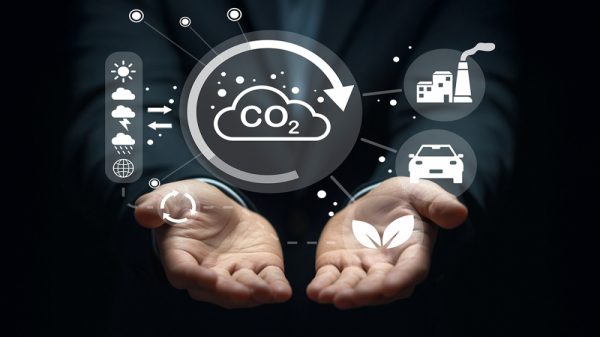
PSA-SPUR increases the recovery of CO2 at exceptionally high purity and recovery rates while maintaining low energy consumption. It is a prime solution for capturing CO2 from diverse gas streams to reduce industrial processes' overall carbon footprint significantly. The technology extends beyond carbon dioxide capture, as it excels in selectively recovering heavy gas components within gas mixtures, showcasing its versatility for a range of applications in gas separation.
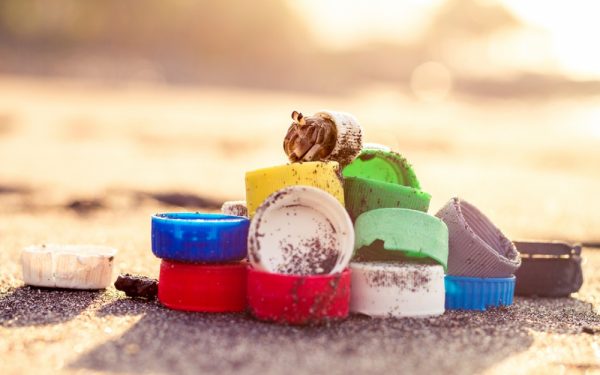
Scientists at the University of Edinburgh have devised a novel way of tackling the mounting issue of plastic pollution… by using bacteria to transform plastic waste into vanilla flavouring.
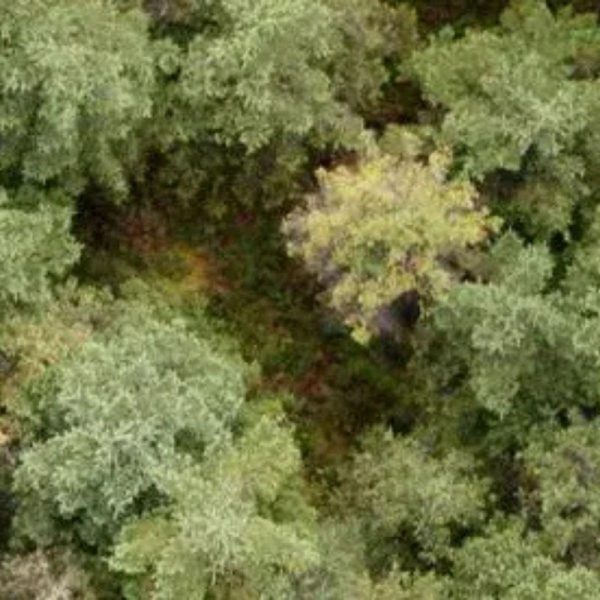
We are a research facility specialising in airborne data acquisition and innovation. We operate a mixed fleet of crewed and uncrewed aircraft equipped with a broad range of imaging and atmospheric sensors, providing a unique multi-scale, multi-disciplinary, ultra-high resolution sensing capability

We’re an internationally recognised centre for research and teaching on business strategy, sustainable finance, societal transformation, and low-carbon economics. All our work is geared towards real-world impact on business practice
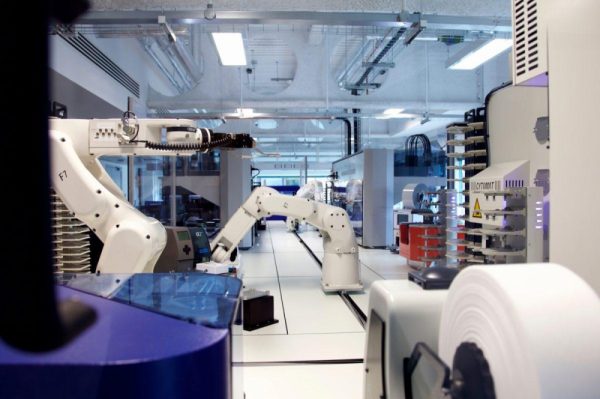
A robotic setup for high-throughput bioengineering: Academic Expertise and Robotic Precision for DNA assembly, molecular biology & in-depth phenotyping
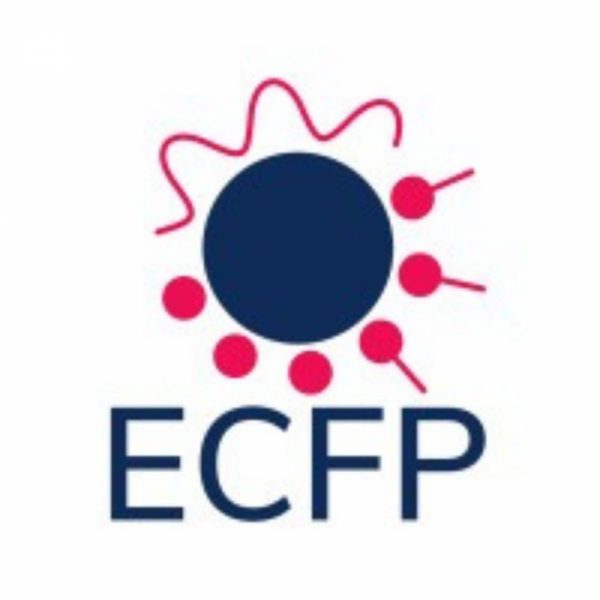
The bi-directional knowledge exchange arm for soft matter and biological physics

EPCC, a Centre of Excellence at the University of Edinburgh, is the UK's leading centre of Supercomputing and Data Science expertise.

The Failure Modes of Engineering (FeME) project focuses on engineering solutions for climate change and biodiversity loss, and their impact on women, children and underrepresented communities at a global scale.

FastBlade is the world’s first test facility that uses regenerative hydraulic technology to offer high-quality, low-cost fatigue testing of tidal blades and other composite structures for research and product development

FloWave is a combined wave and current test basin, delivering hydrodynamic research services to offshore renewable energy clients working across academic and industry.

The world leading open-source linear optimization software, providing high performance serial and parallel capabilities for solving large-scale sparse linear programming, mixed-integer programming and quadratic programming models, with interfaces available to many common programming languages.

Harnessing the UK’s academic and industrial strength in biofilms to address global challenges

Biochar is the most widely used advanced carbon removal technology at present, offering added benefits in applications ranging from agriculture, forestry, and environmental remediation to engineering applications in construction, energy storage and composite materials.